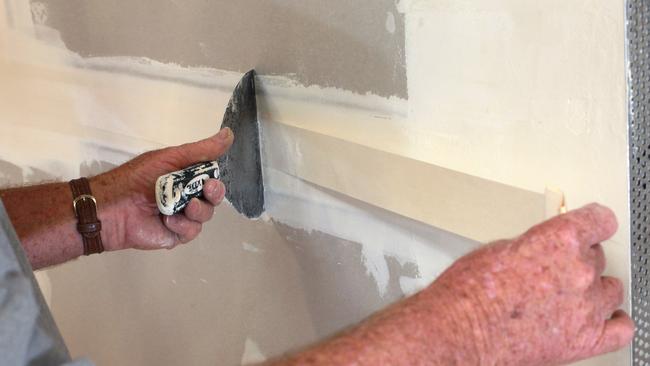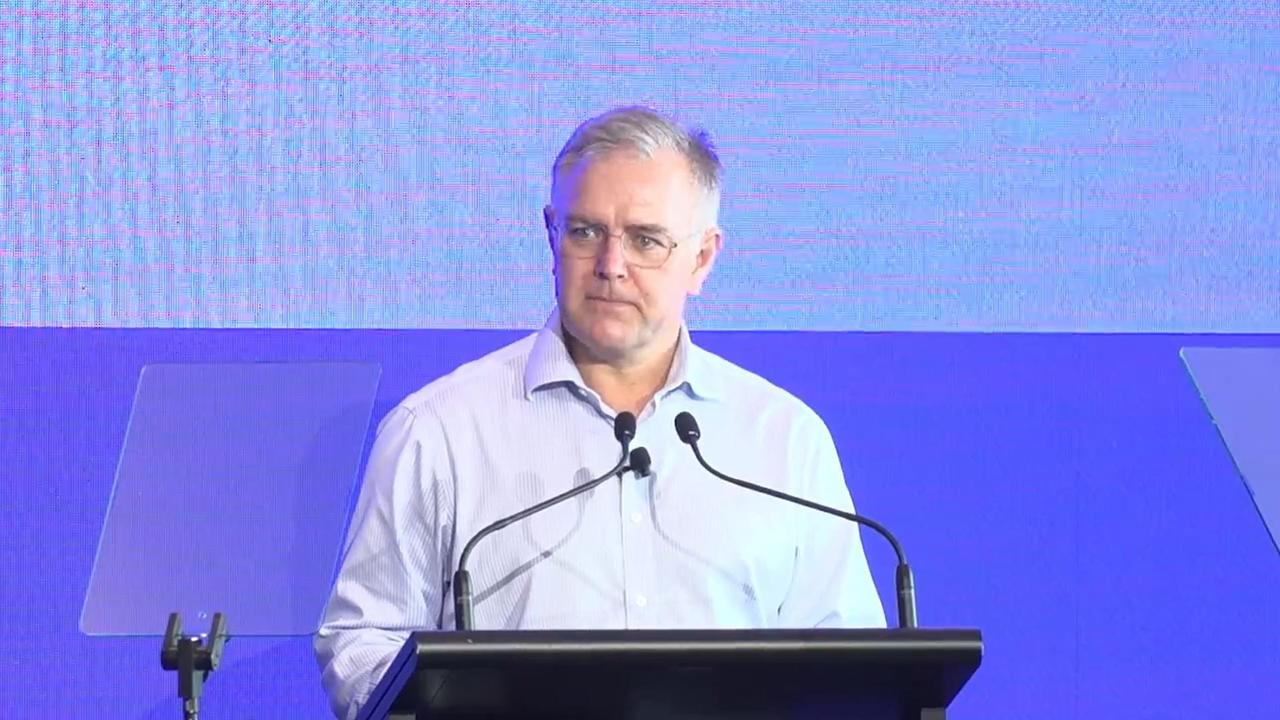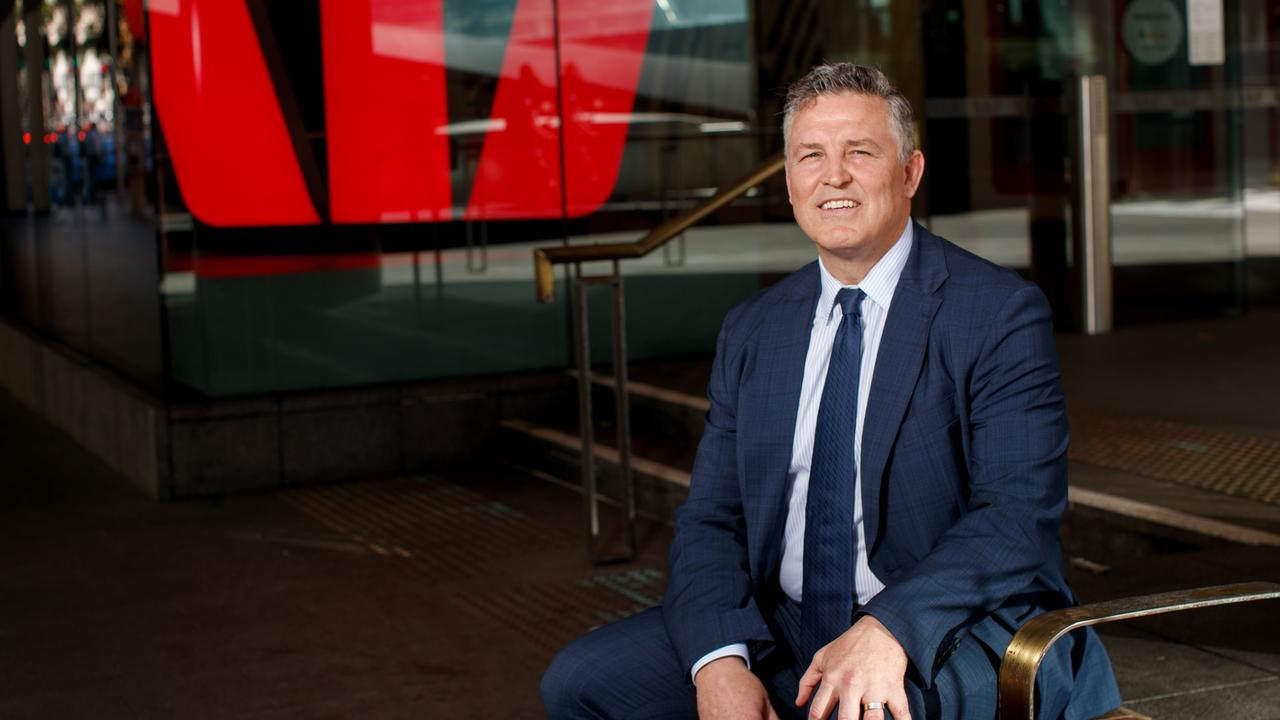
Boral chief Mike Kane sold USG 50 per cent of the Australian business in 2014 as part of his deal to buy into his old firm’s Asian operations.
The Asian deal did make, and still makes, plenty of sense.
The sale of the Australian business makes zero sense. Neither does the fact that Knauf can buy it back in five years for $US200 million plus any earn outs.
Knauf acquired USG globally last year for $US7 billion.
The ACCC in March told Knauf it couldn’t buy the Australian assets so the joint venture stake had to be sold to a suitable party.
That party happened to be Boral.
Today we learned the terms of the sale deal means Knauf can buy back in, subject to regulatory hurdles, in five years’ time.
ACCC chief Rod Sims talks a lot about incentives to compete.
Knauf has a sizeable plasterboard business in Australia and there are basically two competitors. When Knauf acquired USG that narrowed the field to one, given the joint venture, so the ACCC accepted an undertaking to sell the joint venture.
Now there are still two competitors but they just happen to be joint venture parties in a bigger Asian operation and Knauf has an option to buy back into the joint venture in five years.
If you were Knauf why would you play hard ball with Boral, given you are in bed with it in Asia and have the chance to buy back into the joint venture in Australia in five years.
Competition will be minimal.
Granted, the option deal is subject to ACCC approval. But frankly, given Boral’s track record with the ACCC, you wouldn’t expect any objections.
Boral was able to sell its brick business to CSR to give the latter a lion’s share of the east coast market and now it is selling out in the west.
Nice business of you can get it for Mike Kane, but how about the customers?




The $US200 million Boral-Knauf deal delivering Boral 100 per cent of the Australian business raises strong question marks over just how this deal was cleared by the ACCC.